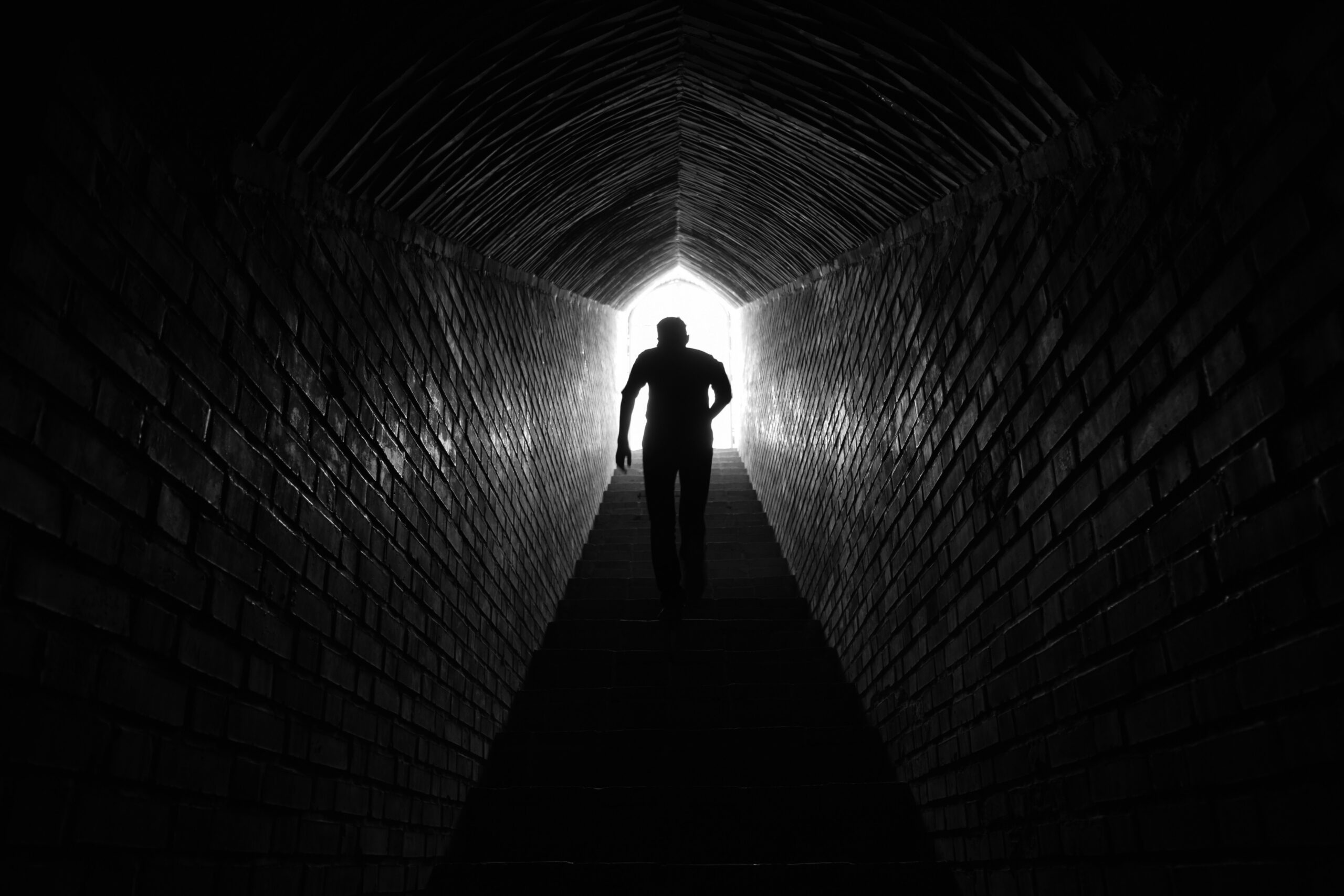You were doing so well with your sobriety goals, but then it happened—you had an alcohol relapse. No doubt you’re feeling discouraged, maybe even ashamed and hopeless. It may seem like all the work you’ve done has gone out the window.
However, it’s important to know that alcohol relapse happens sometimes. And when it does, all hope is not lost. You can still take steps to get back on track with your recovery and long-term sobriety goals. You don’t have to let your addiction win again.
Understanding Alcohol Relapse
According to the Alcohol and Drug Foundation (ADF), a relapse refers to a point when you stop maintaining control over your use of substances and return to your previous levels of use. In the case of an alcoholism relapse, you revert back to the problematic, addictive alcohol consumption patterns that initially made you an alcoholic. That means you’re no longer working towards your sobriety goals and are now letting your addiction dictate your life again.
An alcohol relapse is different from what’s referred to as a lapse in the recovery process. A lapse happens when you drink alcohol again momentarily, but soon realize what you’ve done and stop. It’s a temporary setback along your sobriety journey. Maybe you buy some liquor, drink that night, but then dump out the rest in the morning. A relapse would mean you continue to drink over and over again instead, picking back up on old behavior patterns on a consistent basis.
Why Do Alcoholics Relapse?
So why do alcoholics relapse? You may be asking yourself this if you’ve gone through it, feeling like you’re the only one. But alcohol relapse is actually more common than you’d think. According to the US Department of Veterans Affairs, two-thirds of people treated for alcoholism relapse within the first six months on average. But why is it such a typical outcome?
An alcohol relapse can occur for a variety of reasons. Returning back to the real world post-treatment can be a challenge. Often you encounter the addiction triggers that you associated with alcohol, but you’re no longer around the structure and accountability of a residential treatment center. And when this happens, it’s easy to go back to old ways when you’re unprepared. Others may not have alternative healthy coping strategies established, so they reach for the bottle to self-medicate when stressors, alcohol withdrawal symptoms, or negative feelings arise.
Alternatively, underlying co-occurring disorders may be the cause of an alcoholism relapse. Often, alcohol use disorder masks even deeper issues, such as unresolved childhood trauma or mental health disorders. If these root causes are left untreated, there’s a good chance you could relapse back into addictive patterns.
Signs of Alcohol Relapse
As you’re reading this, you may be questioning if you’ve actually experienced an alcohol relapse or not. Or perhaps you’re concerned about your friend or family member. It’s important to know the warning signs of alcohol relapse so you can intervene in your own life or your loved one’s before things get worse. With that said, some of the common signs of alcohol relapse include:
- Increased alcohol cravings
- Isolating yourself socially
- Poor hygiene and a lack of self-care
- Lying about your behaviors
- Spending time with others who drink (especially excessively)
- Romanticizing past alcohol use
- Making irrational choices
- A spike in alcohol withdrawal symptoms
- Increased stress
- Changes in your behaviors or attitude
What to Do After Alcohol Relapse: Productive Next Steps
You’re likely at a crossroads if you’ve been through a relapse from alcohol. You could let the negative feelings you have about the situation take over, leading to further spiraling and further addiction. Or, you could work to overcome this setback and get back on track with your long-term sobriety. If you’re ready to resume your recovery, here are some key next steps to take:
Assess What Really Happened
Though it may be painful in the moment, it’s important to honestly assess what led to your alcohol relapse. Are there specific triggers, people, or situations that put you in a vulnerable state? Are there recovery practices you’ve stopped pursuing? It may be a good idea to work through this with your therapist or a trusted accountability partner.
Create an Alcohol Relapse Prevention Plan
The knowledge gained from your honest assessment of your alcohol relapse can help you formulate a relapse prevention plan to follow. Or if you already had a relapse prevention plan in place, you can re-evaluate and adjust it. A strong relapse prevention plan will include a list of your addiction triggers, alternative healthy coping strategies, and self-care habits you want to prioritize in recovery.
Set Boundaries
In reflecting upon your alcohol relapse and addiction triggers, it’s a good idea to have healthy boundaries in place to protect your sobriety. You may need to put boundaries around certain people who drink or enable addictive behaviors. Perhaps you need to avoid certain places or situations for a season. These boundaries can often help your loved ones understand how to best support you in recovery.
Join a Support Group
If you haven’t already, joining a support group can be a major resource for staying the course in recovery. A support group provides accountability, community, and healthy perspective from others who’ve dealt with your same struggles and are further along in their sobriety journey.
Get Help for Your Sobriety at Sana at Stowe
Professional help can continue to provide the support you need in recovery after alcohol relapse. At Sana at Stowe in Stowe, VT, we can help you navigate any ongoing withdrawal symptoms with our withdrawal management services. Or if you think you may have co-occurring disorders, our dual diagnosis treatment program can address both alcohol and its root cause all in one place. To learn more about your options, call us today.


